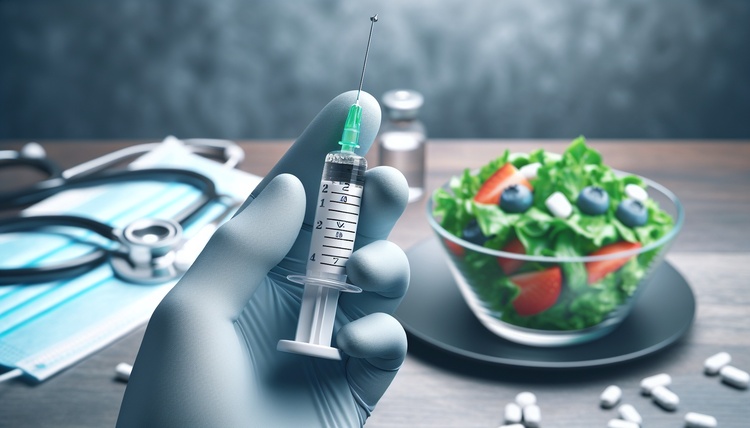Understanding Weight Loss Injections: A Medical Approach to Managing Obesity
Weight loss injections represent a medical intervention designed to help individuals struggling with obesity achieve sustainable weight management. These injectable medications work by targeting specific biological pathways involved in appetite regulation and metabolism. As prescription medications, they require careful medical supervision and consideration of individual health factors before starting treatment.

What Are Obesity Injections and Why Are They Used?
Obesity injections are prescription medications that help regulate appetite and food intake through various mechanisms. Healthcare providers typically prescribe these treatments for individuals with a body mass index (BMI) of 30 or higher, or 27 and above with weight-related health conditions. These medications serve as tools within a comprehensive weight management program, supporting patients who haven’t achieved desired results through diet and exercise alone.
How These Injections Act Inside the Body Over Time
The mechanism of action varies depending on the specific medication, but most weight loss injections work by mimicking natural hormones that regulate hunger and satiety. These medications typically affect the hypothalamus, the brain region responsible for appetite control, and slow stomach emptying. This dual action helps patients feel fuller longer and reduces overall caloric intake naturally.
What Someone May Notice During and After Using Obesity Injections
Users typically experience gradual changes in their relationship with food and eating patterns. Common effects include reduced hunger, earlier satiety during meals, and decreased cravings for high-calorie foods. Weight loss usually begins within the first few weeks of treatment, though individual responses vary. Some people may experience temporary side effects such as nausea or digestive changes as their bodies adjust to the medication.
Daily Habits and Lifestyle Choices That Can Affect the Outcome
Success with weight loss injections depends significantly on maintaining healthy lifestyle practices. Regular physical activity, balanced nutrition, adequate sleep, and stress management all play crucial roles. Healthcare providers typically recommend:
-
Following a structured meal plan
-
Engaging in at least 150 minutes of moderate exercise weekly
-
Maintaining a consistent sleep schedule
-
Recording food intake and physical activity
-
Regular medical monitoring and check-ups
Key Things to Think About Before Starting Obesity Injections
Before beginning treatment, several important factors require consideration:
-
Medical history and current health status
-
Potential interactions with other medications
-
Insurance coverage and treatment costs
-
Long-term commitment to lifestyle changes
-
Regular medical follow-up requirements
-
Personal weight loss goals and expectations
| Common Weight Loss Injection Types | Average Duration of Treatment | Typical Administration Frequency |
|---|---|---|
| GLP-1 Receptor Agonists | 12+ months | Weekly or daily |
| Lipotropic Injections | 8-12 weeks | Weekly |
| Vitamin B12 Injections | Ongoing | Weekly or monthly |
Prices, rates, or cost estimates mentioned in this article are based on the latest available information but may change over time. Independent research is advised before making financial decisions.
Weight loss injections represent one component of medical weight management, requiring careful consideration and ongoing medical supervision. Success depends on combining these treatments with sustainable lifestyle modifications and regular healthcare monitoring. Understanding both the benefits and commitments involved helps individuals make informed decisions about pursuing this treatment option.
This article is for informational purposes only and should not be considered medical advice. Please consult a qualified healthcare professional for personalized guidance and treatment.




